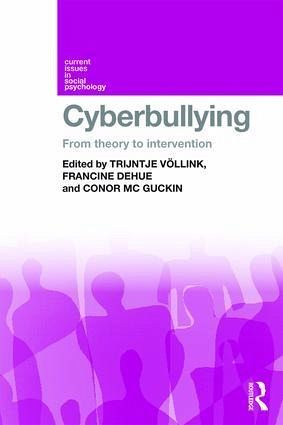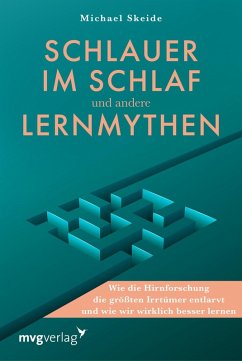
Cyberbullying
From Theory to Intervention
Herausgegeben von Völlink, Trijntje; Dehue, Francine; Mc Guckin, Conor
Versandkostenfrei!
Versandfertig in 1-2 Wochen
68,99 €
inkl. MwSt.
Weitere Ausgaben:

PAYBACK Punkte
34 °P sammeln!
The study of cyberbullying has exploded since its first appearance in a peer-reviewed journal article in 2005. Cyberbullying: From theory to intervention aims to make clear and practical sense of this proliferation of coverage by defining the problem of cyberbullying and examining its unique features. The volume provides a thorough overview of state-of-the-art research into the phenomenon, and discusses the development and evaluation of interventions to prevent and combat it.Whereas most research papers offer limited space to describe actual intervention methods, this book provides tremendous ...
The study of cyberbullying has exploded since its first appearance in a peer-reviewed journal article in 2005. Cyberbullying: From theory to intervention aims to make clear and practical sense of this proliferation of coverage by defining the problem of cyberbullying and examining its unique features. The volume provides a thorough overview of state-of-the-art research into the phenomenon, and discusses the development and evaluation of interventions to prevent and combat it.
Whereas most research papers offer limited space to describe actual intervention methods, this book provides tremendous insight into the different theoretical methods and practical strategies available to combat cyberbullying. Part One provides readers with a critical review of the existing research literature and collects insights from international researchers involved in bullying and cyberbullying research, tackling key questions such as: how is cyberbullying defined, what is the overlap with traditional bullying, and what are the negative consequences of cyberbullying? Part Two gives an overview of the development and content of evidence-based ICT interventions aimed at preventing and combating bullying and cyberbullying. In addition, some of the important outcomes of the effect evaluations will be described. The book's final chapter integrates the information from Part One with advice regarding practical applications from Part Two.
Cyberbullying: From theory to intervention is essential reading for academics and researchers concerned with both cyberbullying and traditional bullying. It can be used in graduate seminars or advanced undergraduate courses in cyberbullying and will also be of interest to teachers, field experts and organisations involved and disseminating cyberbullying solutions.
Whereas most research papers offer limited space to describe actual intervention methods, this book provides tremendous insight into the different theoretical methods and practical strategies available to combat cyberbullying. Part One provides readers with a critical review of the existing research literature and collects insights from international researchers involved in bullying and cyberbullying research, tackling key questions such as: how is cyberbullying defined, what is the overlap with traditional bullying, and what are the negative consequences of cyberbullying? Part Two gives an overview of the development and content of evidence-based ICT interventions aimed at preventing and combating bullying and cyberbullying. In addition, some of the important outcomes of the effect evaluations will be described. The book's final chapter integrates the information from Part One with advice regarding practical applications from Part Two.
Cyberbullying: From theory to intervention is essential reading for academics and researchers concerned with both cyberbullying and traditional bullying. It can be used in graduate seminars or advanced undergraduate courses in cyberbullying and will also be of interest to teachers, field experts and organisations involved and disseminating cyberbullying solutions.













